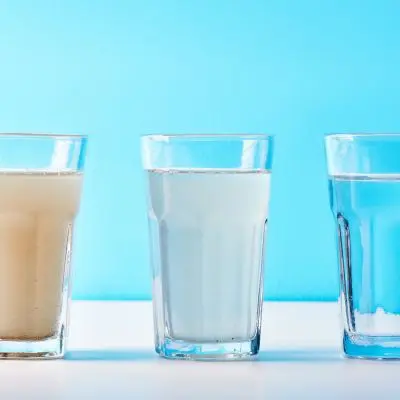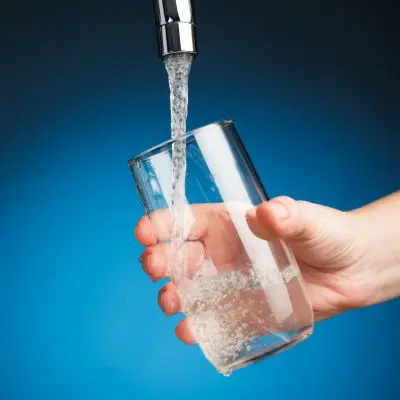Water treatment is a crucial aspect of any industrial operation.
Whether you're involved in manufacturing, energy production, pharmaceuticals, or food processing, having a reliable and efficient water treatment system is essential for operational success, product quality, and environmental compliance. But with a wide variety of systems available, how do you choose the right one?
Type of Contaminants:
Different industries face different types of contamination. For example, textile industries often deal with dyes and chemicals, while food processing industries must remove bacteria and organic matter. Identifying the contaminants is the first step in selecting the correct treatment technology.
Required Output Quality:
The level of purification required will dictate the type of system you need. High-purity water may require multiple stages of treatment including RO, UV, and deionization, whereas basic process water might only need filtration and softening.
Maintenance and Operating Costs:
Consider the ease of maintenance, availability of spare parts, and energy consumption. Systems with low operating costs may have a higher upfront investment but offer better returns in the long run.
System Compatibility:
Ensure that the treatment system integrates seamlessly with your existing infrastructure. Modular and scalable systems are ideal for industries expecting future expansion.
Regulatory Compliance:
Your system should meet all local and international water quality standards applicable to your industry. Non-compliance can result in fines, shutdowns, or legal issues.



